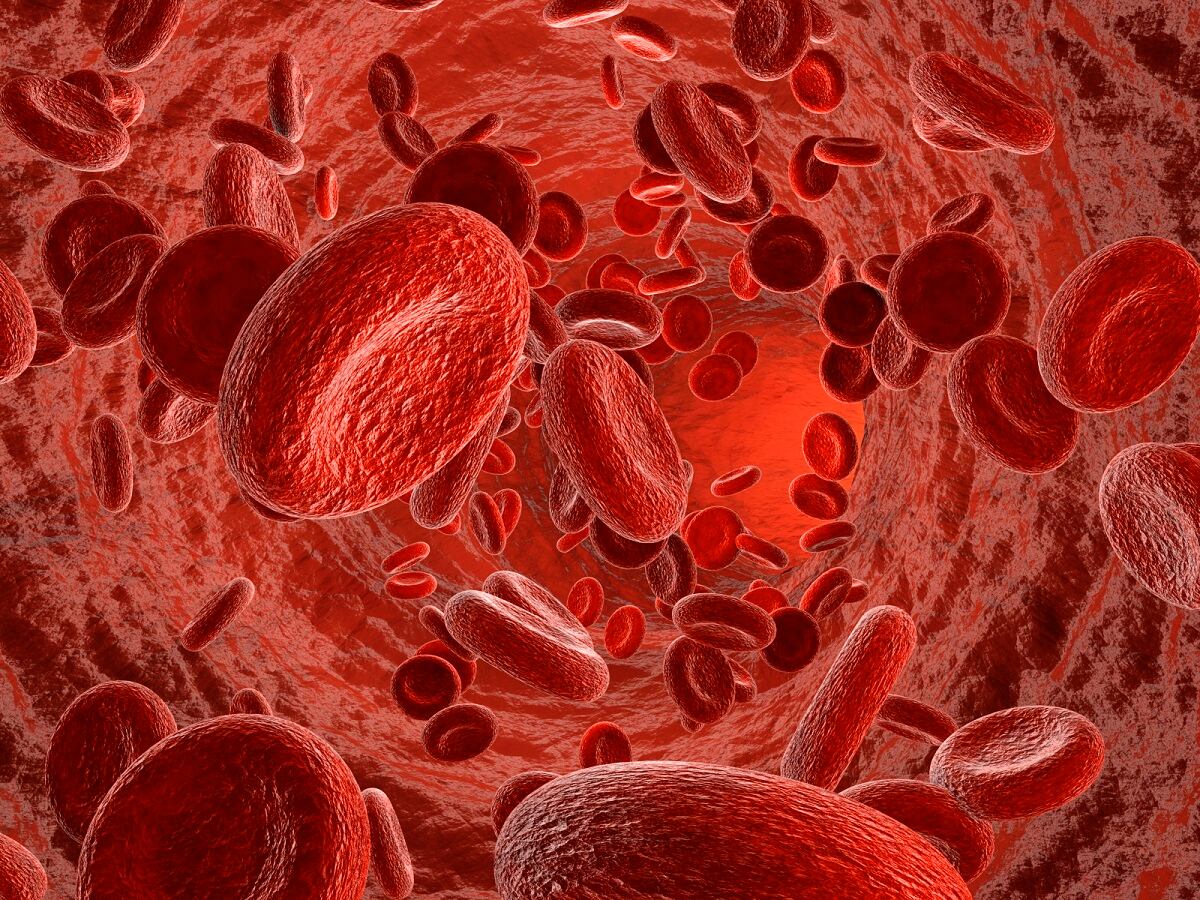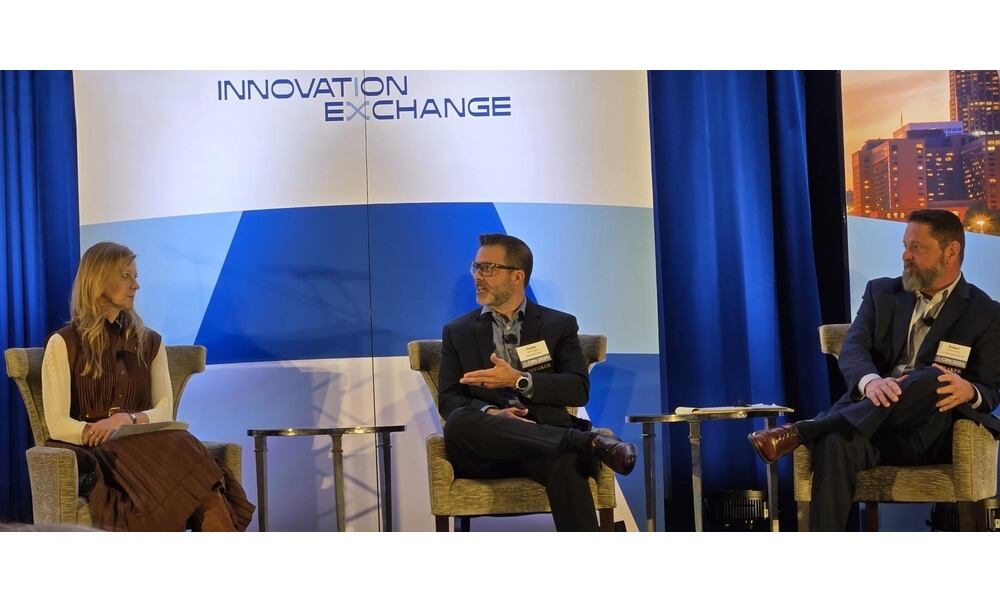NMN appears appears in a broad range of health supplements across Asia-Pacific, from niche brands like DoNotAge to newcomers to the healthy longevity space such as Hong Kong’s Nin Jiom, known primarily for its cough syrup.
At the moment, the ingredient has been shown in studies to increase nicotinamide adenine dinucleotide (NAD+) levels in the body. Findings from a 60-day long study published in GeroScience reported that daily supplementation of 600 mg of NMN is an optimal dose for raising the body’s NAD+ levels, as compared to dosages of 300 mg and 900 mg.
Alongside the increase in NAD+ levels was an improvement in physical performance, such as walking distance and gait speed.
A more recent study, co-authored by Professor Maier, reported that NMN supplementation-induced increased in NAD+ was associated with a higher red blood cell count.
An individualized approach
Despite the findings, NMN supplementation is not required by everyone, according to Professor Maier, who believes that a personalized approach would be more prudent and logical.
“NMN is a possible or potential supplement to increase NAD levels in the blood of aging individuals,” she told NutraIngredients. “However, NMN supplementation is not important for everybody.”
This logic also underpins one of her ongoing studies on NMN, in which testing individual NAD+ levels is the first step in determining whether NMN supplementation is needed.
“The evidence is that younger individuals have higher NAD+ levels than older individuals, and we know that we can increase NAD+ levels with NAD+ precursors [like NMN],” she said.
“We also know that every cell in our body needs NAD+. However, how we supplement that energy and for whom, for how long, which dosage etc, and that’s what we are doing at the NUS Academy for Healthy Longevity.”
Study on personalizing NMN dosage
The trial, currently underway in Singapore, is expected to conclude within a year. Professor Maier believes the findings could help pave the way for precision geromedicine.
The trial involves healthy individuals between the ages of 40 and 60, consuming NMN at commercially available doses of 300 mg, 600 mg and 900 mg, administered incrementally to assess the changes in their blood NAD+ levels.
An artificial intelligence (AI) model will also be used to predict which study subjects are likely to respond to the intervention and the extent to which their NAD levels may increase.
“The study will finished in a year’s time and we can by then, know how to personalize NMN dosage to really bring it into precision geromedicine and give NAD precursor supplementation at the right amount to the correct individuals who will then also have that clinical benefit,” Professor Maier said.
Other ingredients
Aside from NMN, ingredients such as omega-3 and vitamin D are also backed by research showing their healthspan-promoting benefits, Professor Maier said.
The DO-HEALTH trial, for example, reported that daily supplementation with 2,000 IU of vitamin D and 1 gram of omega-3, combined with exercise for a period of three years could reverse biological age by between 2.9 to 3.8 months.
Professor Maier and her team have also conducted studies on alpha-ketoglutarate (AKG).
More recently, they are investigating how a combination of brown seaweed fucoidan, NMN, urolithin A, ergothioneine, a multivitamin and whey protein, alongside an exercising program, could reverse biological age.
The study, known as PROMETHEUS, is one of the top 40 semi-finalists in the US$101 million XPRIZE Healthspan Awards.
“At the moment, we do lots of research on fucoidan, a brown seaweed that is an activator of sirt-6, but we also do research on ergothioneine, which is found in mushrooms,” Professor Maier said.
“Also, don’t forget normal supplementation if somebody is not eating well, like proteins, and giving the right amino acids in the right mix to individuals who would love to improve their muscle strength and muscle mass with their function.”
Watch the video to find out more.




